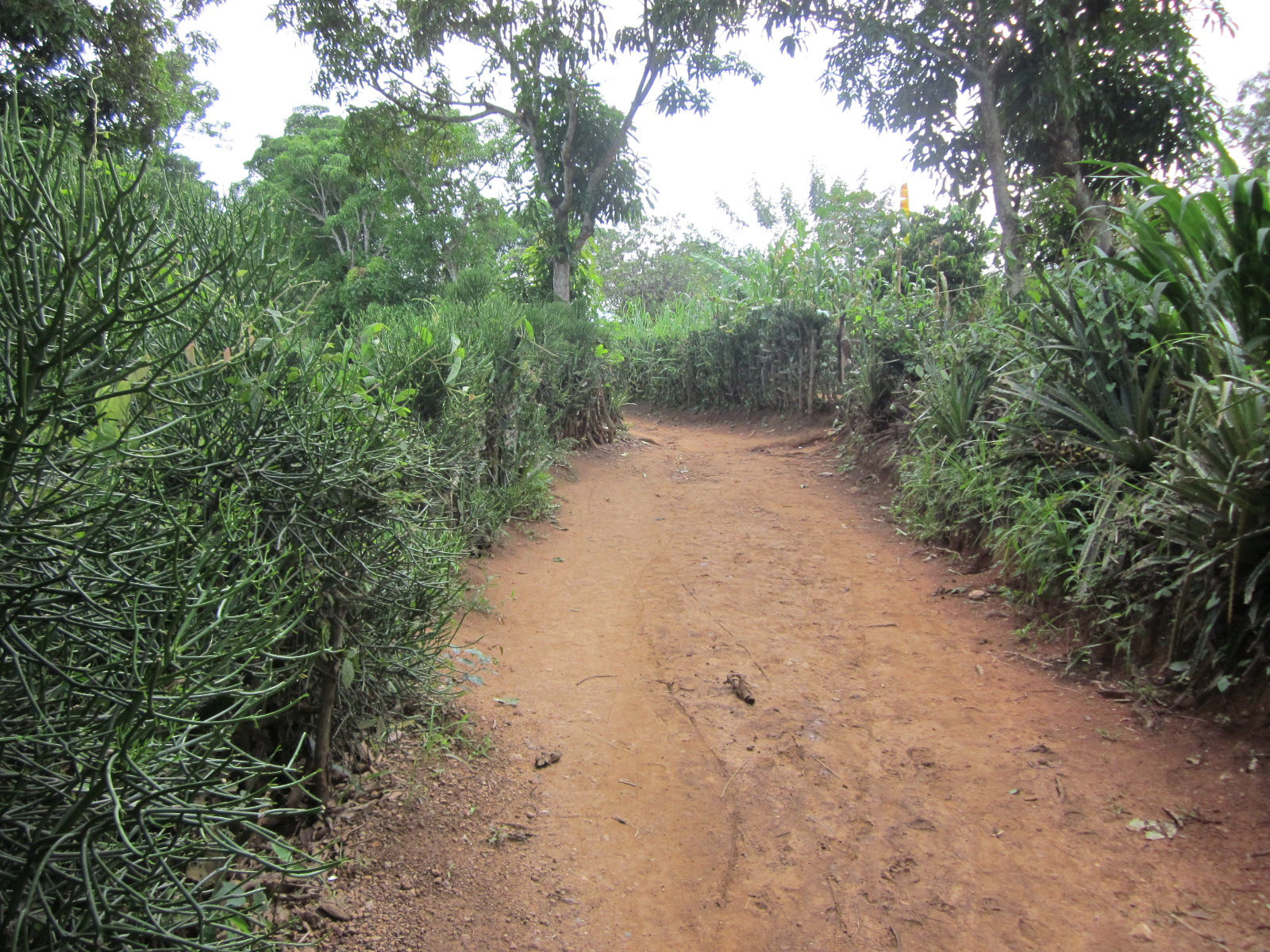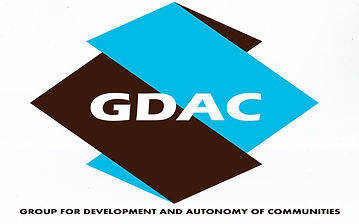History, Peanuts, Animals and Burning Tires in 2019
- Marcia Brower,DVM
- Apr 15, 2019
- 5 min read
Beginning January 31, 2019 (Thursday) GDAC sponsored another trip to Haiti. We started in Cap Haitian, on the north coast. This time our team consisted of myself, Dr. Jeff Bryan (a veterinarian from Minnesota), Terri, Justin and Eberle Fort (a new American citizen from Haiti) who helped with translation and driving. (I’m taking the picture!!)

At the airport, we rented a BIG car (with tinted windows – important later!) and found our way to the Citadel.

From Wikipedia: “The Citadel was built by Henri Christophe, a key leader during the Haitian slave rebellion when Haiti gained independence from France (1804). The massive stone structure was built by about 20,000 workers between 1805 and 1820 as part of a system of fortifications designed to keep the newly independent nation of Haiti safe from French incursions. The Haitians outfitted the fortress with 365 cannons of varying size. Enormous stockpiles of cannonballs still sit in pyramidal stacks at the base of the fortress walls.” It is a steep climb to the top of the mountain! Most visitors rent a horse.


Justin and Eberle at the Citadel Terri learning Citadel history from Tony
Equitarian Initiative and Christian Veterinary Missions (CVM) has been working with the horse population and the people who care for them at the Citadel for the last 6 years. They have developed a team of Haitian veterinary agents who have expertise in the care of horses. This is the team that joined us last year and again this year in Mombin to help provide care for our animals there. It was a wonderful chance to see where they live and work and to learn about an important part of Haitian history,


On Friday, we visited MFK (Meals for Kids) who buy peanuts from local Haitian farmers and turn them into product such as “Plumpy Nut” and “Medical Mamba” to support starving children around the world. This is an opportunity for us -- we grow peanuts in Mombin Crochu and, thanks to our truck, we can deliver them as well. But the peanuts must be free from Aflatoxin- there are special growing and storage requirements. MFK representatives will be coming to Mombin the end of April to provide two days of training regarding improved growing and storage practices and to explore the possibility of building a business partnership with our community!
Wouldn’t it be wonderful if our little community could produce a product that feeds the world?


Saturday we drove to Mombin Crochu in our big car. On Sunday, Marcia presented a final session of goat education (with Eberle’s translation help and Justin’s supervision) to about 45 prospective goat owners. Three sessions of classes regarding goat and animal care had been previously provided to this group of people by our local veterinary agents.
Below: most of the veterinary Group: Equitarian Initiative and Ag Horizon agents and GDAC (missing a few!)

Sunday, Equitarian Initiative arrived with Haitian veterinary agents from the Citadel area and from the Ag Horizon School; Acky, the director of Ag Horizon School; Dr. Judy Batker (from Equitarian Initiative); 2 veterinary students, two veterinary technicians and Rosedanne back from last year! Also 4 of our wonderful GDAC-national committee members arrived to help support the clinics. Two houses were donated for our use by the hospitable people of Mombin and a crew of 5 women worked so very hard to keep us fed. (Bon bon manje, mesi anpil !!!!) After reviewing our work each day, we were treated to live twoupadou music in the evenings.

Vet agent team discussion Tuesday night after a day of field work – reviewing cases and discussing treatment methods – Franso Acky Fracciterne is leading this discussion
It was good to have the crew we had. For the mobile clinics, we were able to split up and service two different sites each day. Our big car came in handy!! On Monday our teams treated equines (horses, mules and burros), pigs, goats and beef in Granne Savane and Logathe, on Tuesday we worked in Rosie and Sannot (all parts of the Mombin Crochu district) and on Wednesday, we all worked together in the town of Mombin Crochu during market day. We were able to provide care for almost 400 animals. Our local veterinary agents (Mark, December and Nadege) planned ahead, saving big bull castrations for when they had this extra help.




It was so wonderful to see the Haitians just plunge in and get the work done. The education investments we have made are paying off – farmers have access to veterinary care AND are seeing the benefits. Most of the goats we saw were in good health and just needed preventative care (worming). We ask farmers to pay some for the services, and they do so (not enough to cover all expenses but it is a start). There is a shift from the concept that animals can just take care of themselves to the concept that animals are worth investment!!
The visitors had to work as well!!!


Marcia examining fly strike in a goat Dr. Jeff teaching proper foot trim technique


Dr. Judy assisting in a castration Deanne examining baby goats
But then – February 7th - the dictator disposition day. The day the country erupted with “manifestations” and we basically got put on lock-down. Our plans were interrupted. Instead of working all day market day (Feb 6th) and staying in Mombin for the goat give-away on the 7th, it was decided by all that our teams should return to the city, Cap-Haiten, on February 6th. It was known that there would be protests on the 7th and we might be unsafe traveling on that day. So, after a half-day of work at the market, we said goodbye to our friends in Mombin and headed back to the city. And it was good that we did so. Our big car with the tinted windows looked like a government car and people threw rocks at it if we tried to drive it anywhere. So we holed up and waited. We were very safe and well taken care of, but it was sad and disturbing to see the anger and destruction going on around us. Note to self – avoid Haiti near February 7th - and cars with tinted windows!!


But one last thing – on February 7th – the day the manifestations started - our GDAC-Haiti colleagues in Mombin countered the anger by giving away 27 goats to new families who had attended the education classes (not all are shown below). Our donors and the return of goats from previous give-aways helped us provide that number of goats to give away. The expectation is that these families will continue to pass one offspring back to GDAC or another family.

Thank you Donors for helping to make this work possible. We have now given away 75 goats! We have provided care to many many animals through our veterinary agents and our mobile clinics. We are working towards sustainable income through our animals, gardens and truck. We are small but we are making a difference!!




Comments